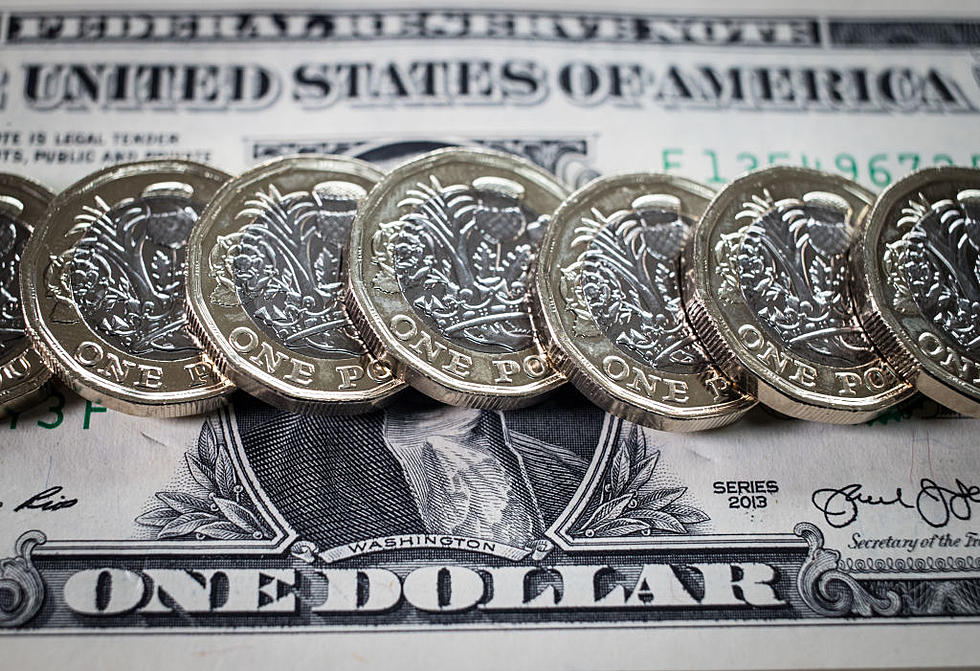
As We Head to 2015 – 3 Things You Should NOT Buy Generic
Maybe one of your New Year's Resolutions is to save some money. Often, that involves purchasing generic, lower-priced versions of food and products. Most of the time, it can save money (But there's NO tasty generic substitute for Corn Flakes! We tried it, we know!). But, according to leading consumer experts, there ARE some generic products that don't cut the mustard, and could even be a bit harmful.
According to writer Erika Rawes of The Cheat Sheet, some products should be avoided. Rawes contributes her product knowledge and home economics expertise to Northwest Cable News on a frequent basis. What generics to avoid:
- Batteries. Our family buys them at the $1 dollar stores, or other discount outfits. But Rawes writes it could end up costing more. A 'dollar store' battery might give you ten hours of continuous use, while a $5 battery 50 hours. The cost-per-unit is the same when it comes to use, but you have to make more trips to the dollar store to get more - that costs more gas. Avoid generic cellphone or digital device batteries, because they usually utilize cheaper components, aren't tested like name brands, and can sometimes damage your device. Same for car batteries too.
- Some Toiletries. Generic TP is fine, if you can handle not having that "soft" texture on your backside. But avoid deodorants, perfume and lotions. Unlike name brands, they're often not extensively tested for safety and effectiveness. Rawes says an ABC News report last year tested knock-off fragrances and found "traces of anti-freeze, urine and bacteria" in the products! Especially those manufactured overseas, with cheap looking packaging.
- Certain Food Products. Most generic cereals and many other foods are excellent substitutes that deliver nutrition and value. But, avoid processed cheese, butter, beer, and diet foods. Knock-off nutrition bars, energy bars and other "health" foods are usually not quality-tested for performance, and often contain the same junk as regular candy bars - little or no added nutritional value.
So as you head into the new year, just keep an eye out on what generics you buy. Most experts agree, if the product just looks "way too cheap," avoid it.
More From 870 AM KFLD









